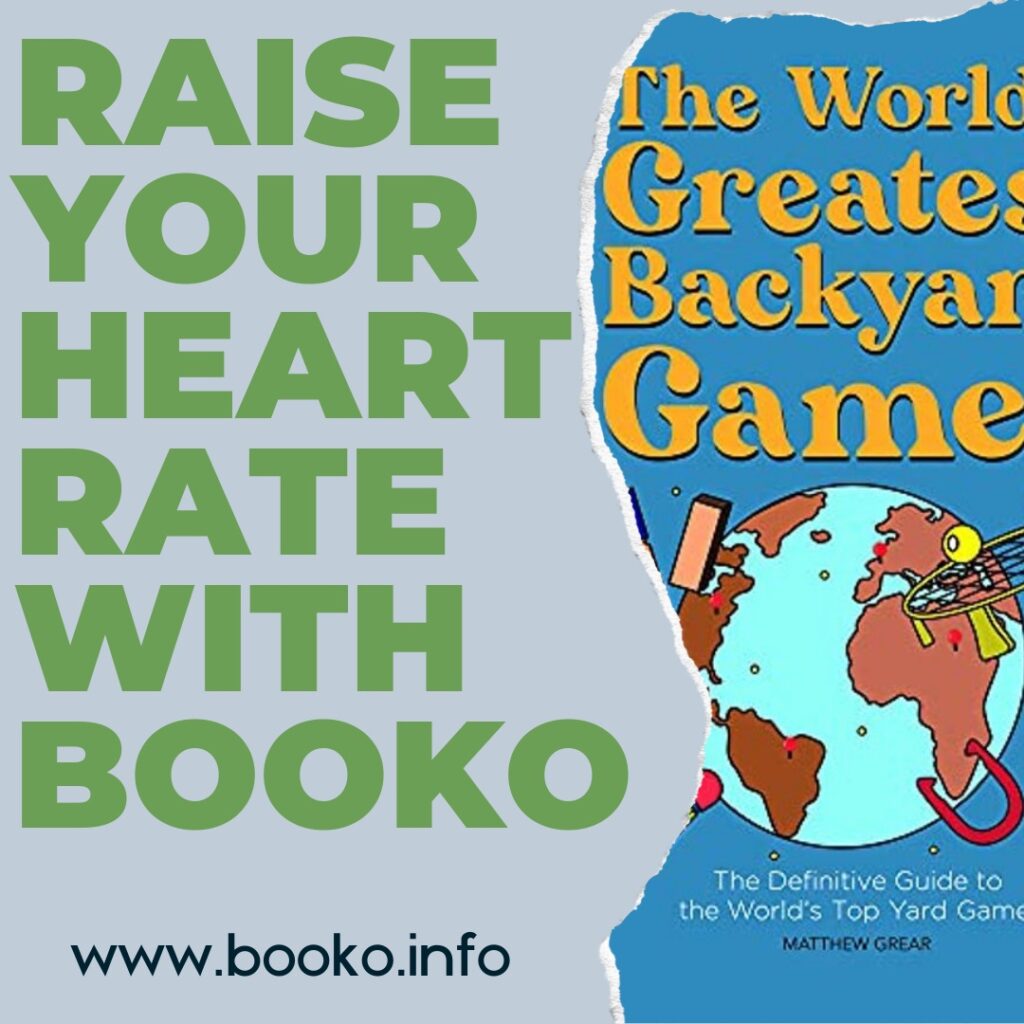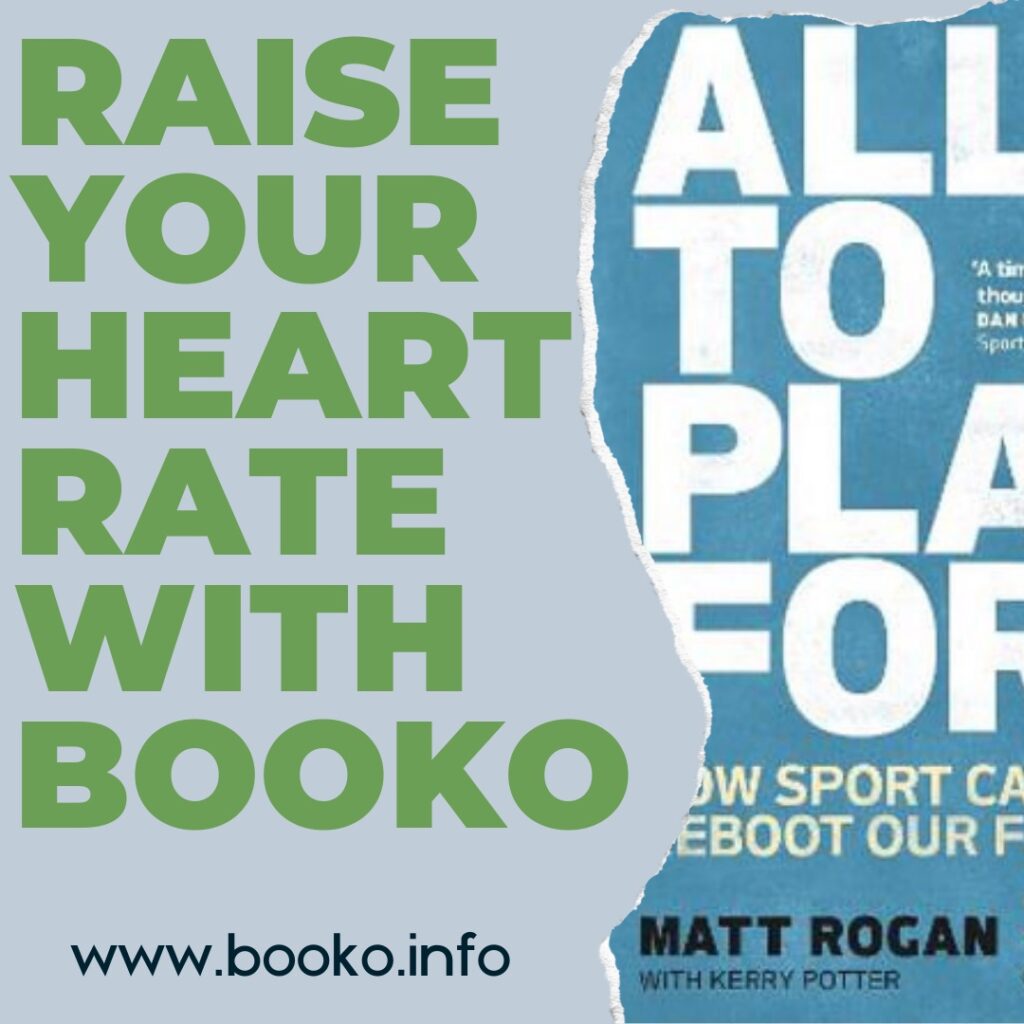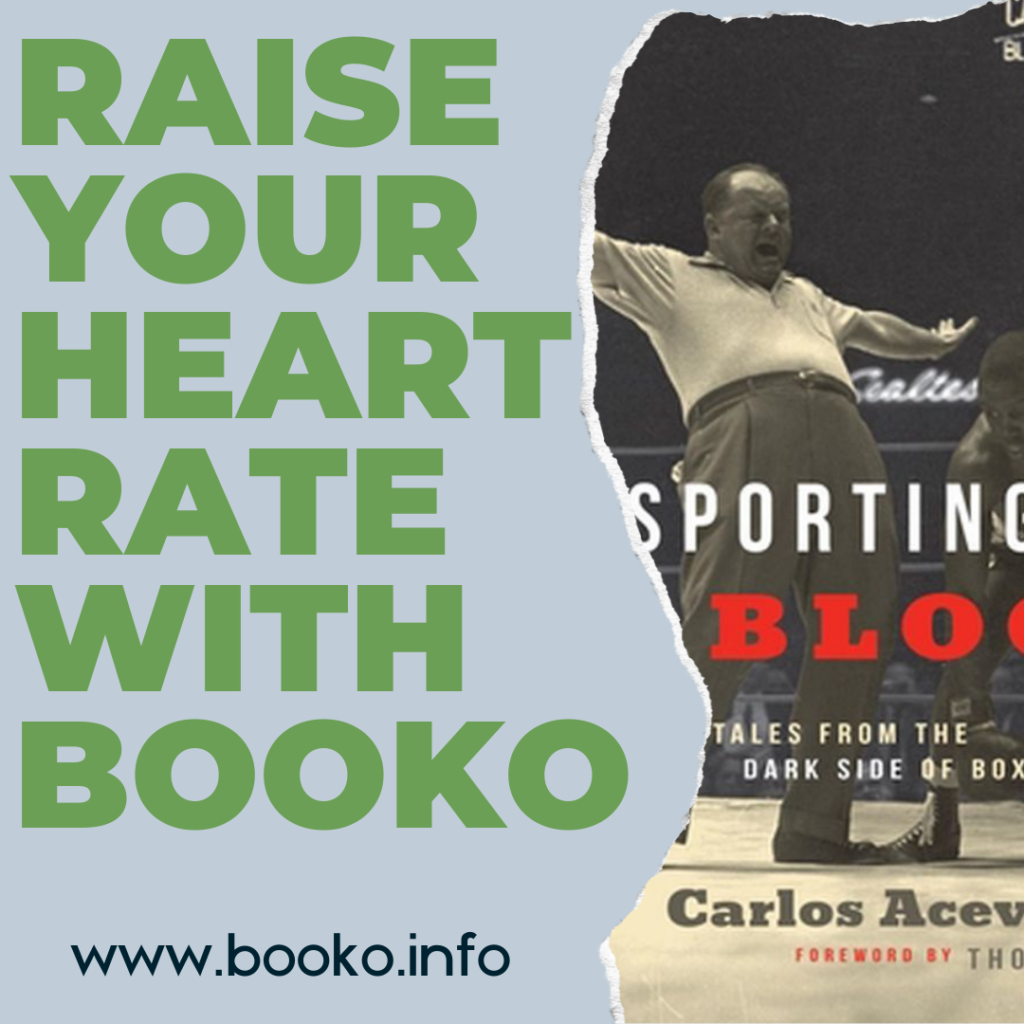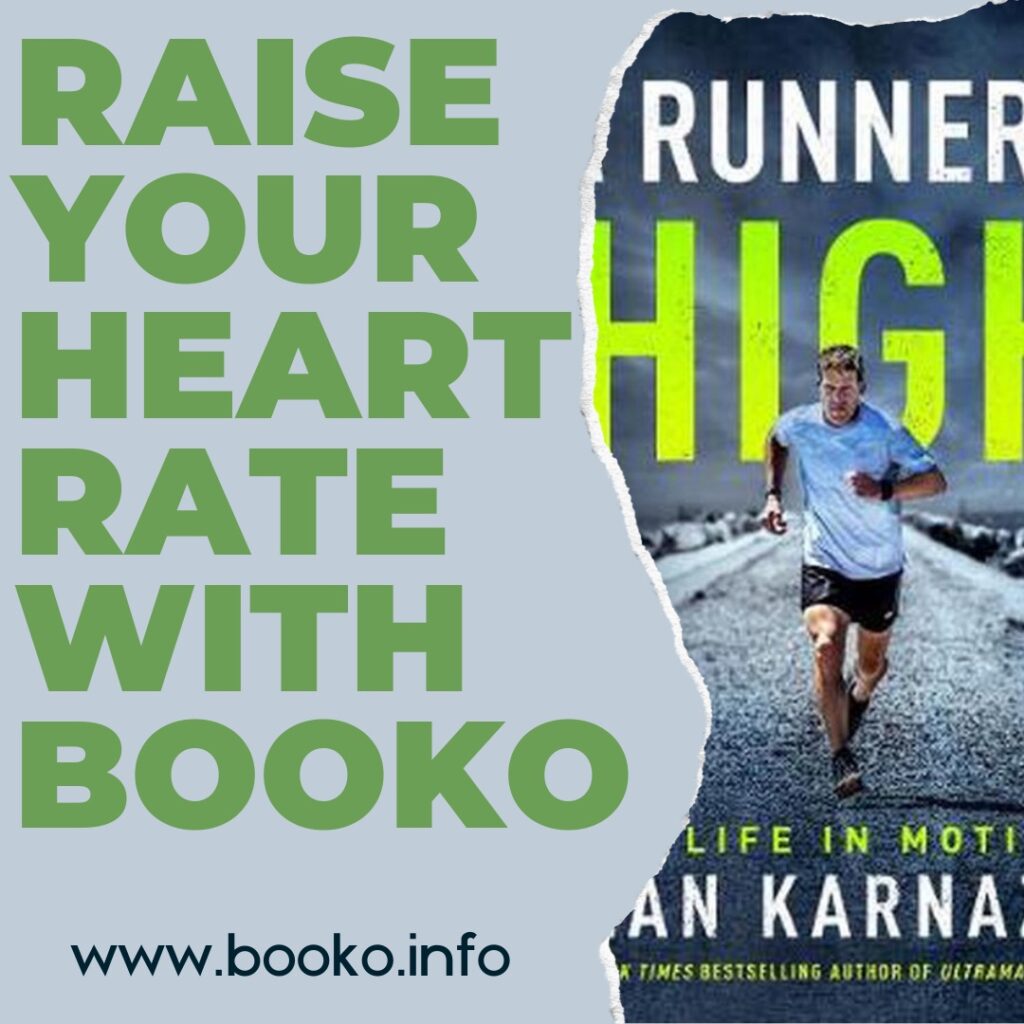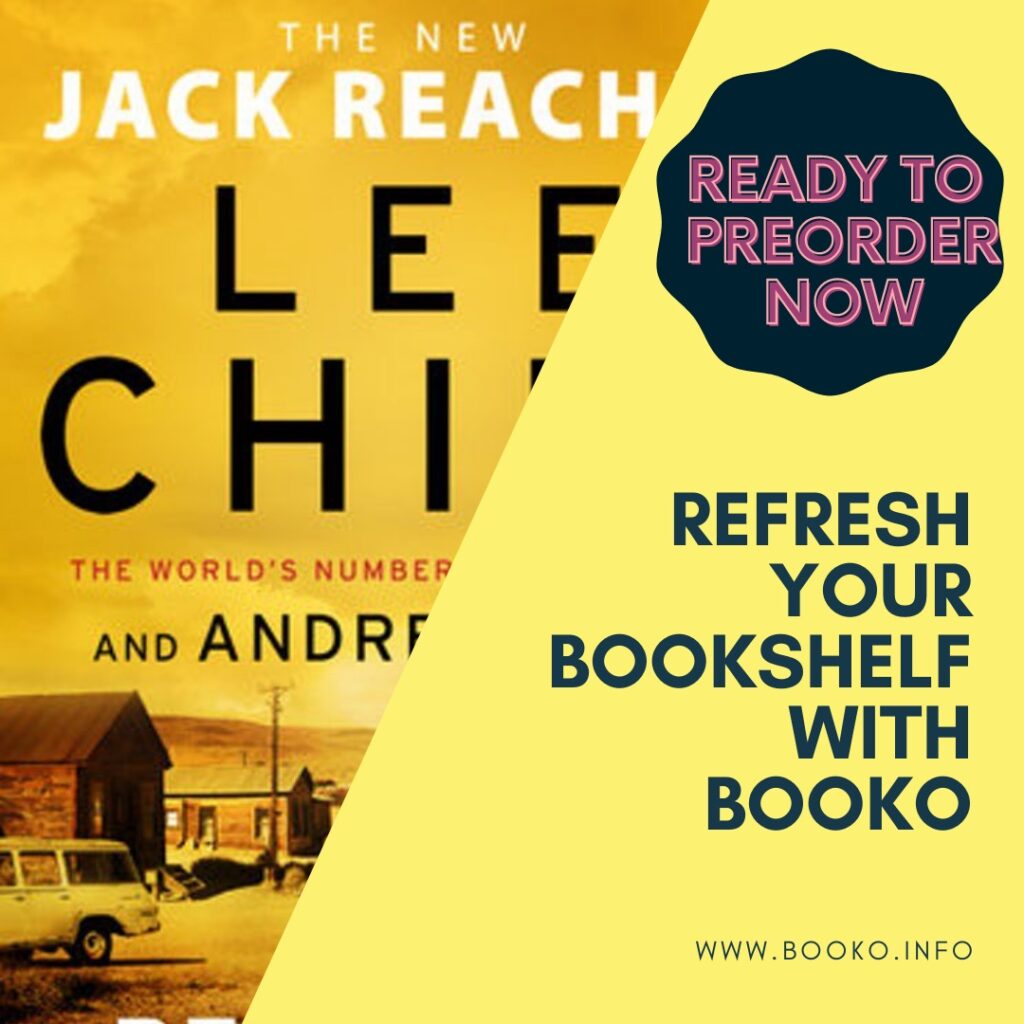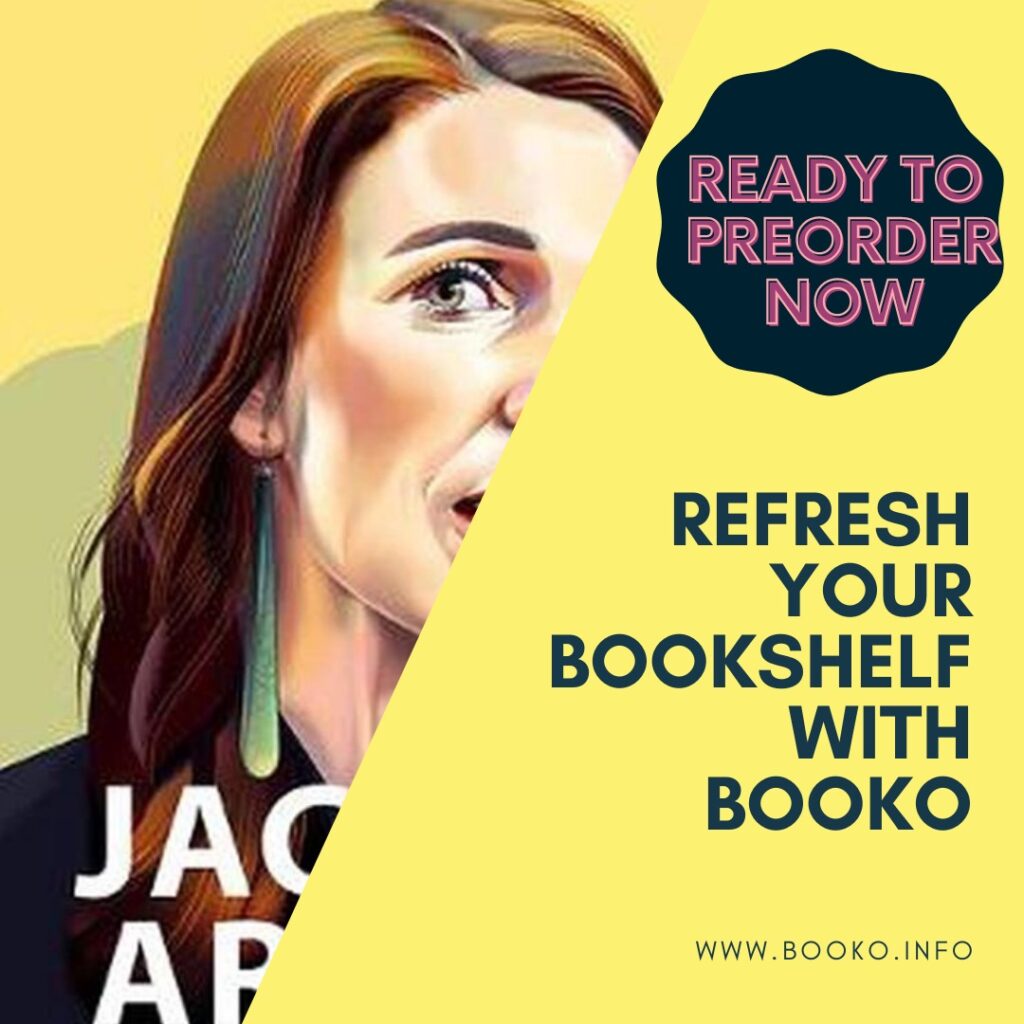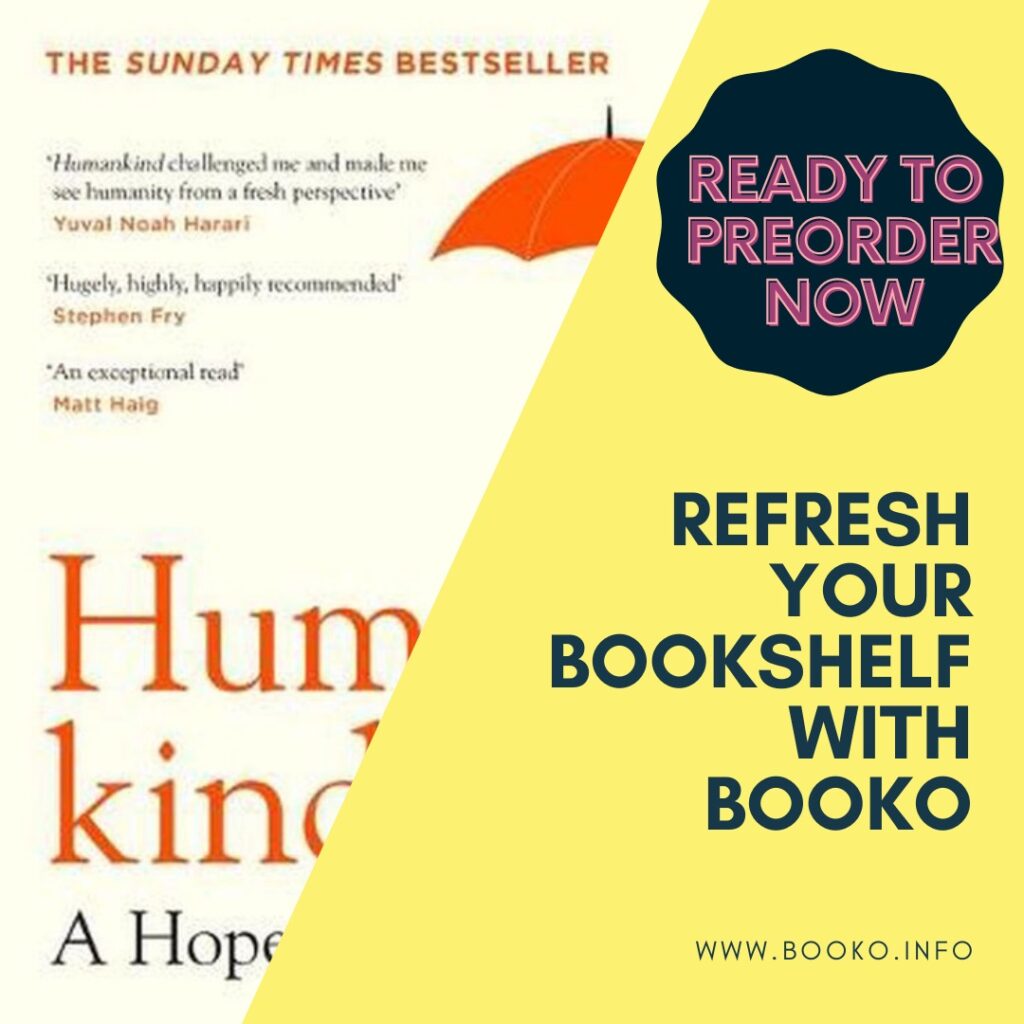How many times do you stop yourself and question why you think like you do? The most common response is ‘hardly ever’. It’s usually not until someone challenges us directly on why we think, or act, like we do that we actually stop to give it some thought. In our household our children are developing their own critical thinking skills and it is them that question us on the logic behind our thoughts. There are so many books on the market that explore logic, mindsets, and reasoning so we thought we’d share six of the newest titles on the market.
The Critical Thinking Toolkit by Galen Foresman
Okay, so this one is a textbook, but boy is it a good one. The Critical Thinking Toolkit is a comprehensive compendium that equips readers with the essential knowledge and methods for clear, analytical, logical thinking and critique in a range of scholarly contexts and everyday situations. It takes an expansive approach to critical thinking by exploring concepts from other disciplines, including evidence and justification from philosophy, cognitive biases and errors from psychology, race and gender from sociology and political science, and tropes and symbols from rhetoric Written in an accessible way, this book leads readers through terrain too often cluttered with jargon Ideal for beginning to advanced students, as well as general readers, looking for a sophisticated yet accessible introduction to critical thinking.
The Art of Logic by Eugenia Cheng
Emotions are powerful. In newspaper headlines and on social media, they have become the primary way of understanding the world. But strong feelings make it more difficult to see the reality behind the rhetoric. In The Art of Logic, Eugenia Cheng shows how mathematical logic can help us see things more clearly and know when politicians and companies are trying to mislead us. First Cheng explains how to use black-and-white logic to illuminate the world around us, giving us new insight into thorny political questions like public healthcare, Black Lives Matter and Brexit. Then she explains how logic and emotions, used side-by-side, can help us not only to be more rational individuals, but also to live more thoughtfully. Filled with useful real-life examples of logic and illogic at work The Art of Logic is an essential guide to decoding modern life.
Livewired by David Eagleman
How can a blind person learn to see with her tongue or a deaf person learn to hear with his skin? What does a baby born without a nose tell us about our sensory machinery? Might we someday control a robot with our thoughts? And what does any of this have to do with why we dream? The answers to these questions are not right in front of our eyes; they’re right behind our eyes. This book is not simply about what the brain is, but what it does. Covering decades of research to the present day, Livewired also presents new findings from Eagleman’s own research, including new discoveries in synaesthesia, dreaming and wearable neurotech devices that revolutionise how we think about the senses.
The Miniature Guide To Critical Thinking Through Concepts and Tools by Richard Paul and Linda Elder
Sometimes you just need a mini-little-book to give you the gist of something rather than a giant textbook. So here’s a gem of a miniature guide that does just that. This miniature guide, which has sold more than half a million copies, and is widely used in teaching and learning for both personal and professional lives. It distills the essence of critical thinking into a 24-page, pocket-sized guide and introduces the interrelated complex of critical thinking concepts and principles implicit in the works of Richard Paul and Linda Elder.
The Beginner’s Guide to Stoicism: Tools for Emotional Resilience and Positivity by Matthew Van Natta
Optimize joy, overcome obstacles-discover the calm of stoicism. Being a stoic means embracing positivity and self-control through the ability to accept the uncertainty of outcomes. With this stoicism guide, the beginner stoic will learn how to take charge of their emotions on the path to sustained happiness and satisfaction.
This easy-to-navigate stoicism guide gives you the emotional tools needed to let go of the things you can’t control and find joy in what you have. Through thought-provoking strategies and exercises, this book helps you find contentment so you can build closer relationships and become an active member of society. This book explores the evolution and history of stoicism and how its principles can help you find peace.
Using Questions To Think by Nathan Dickman
Our ability to think, argue and reason is determined by our ability to question. Questions are a vital component of critical thinking, yet we underestimate the role they play. Using Questions to Think puts questioning back in the spotlight. Naming the parts of questions at the same time as we name parts of thought, this one-of-a-kind introduction allows us to see how questions relate to the definitions of propositions, premises, conclusions, and the validity of arguments. Why is this important? Making the role of questions visible in thinking reasoning and dialogue, allows us to ask better questions, improve our capability to understand an argument, exercise vigilance in the act of questioning, make explicit what you already know implicitly, engage with ideas that contradict our own and see ideas in broader context.
Breathing new life into our current approach to critical thinking, this practical, much-needed textbook moves us away from the traditional focus on formal argument and fallacy identification, combines the Kantian critique of reason with Hans-Georg Gadamer’s hermeneutics and reminds us why thinking can only be understood as an answer to a question.
Enjoy!






